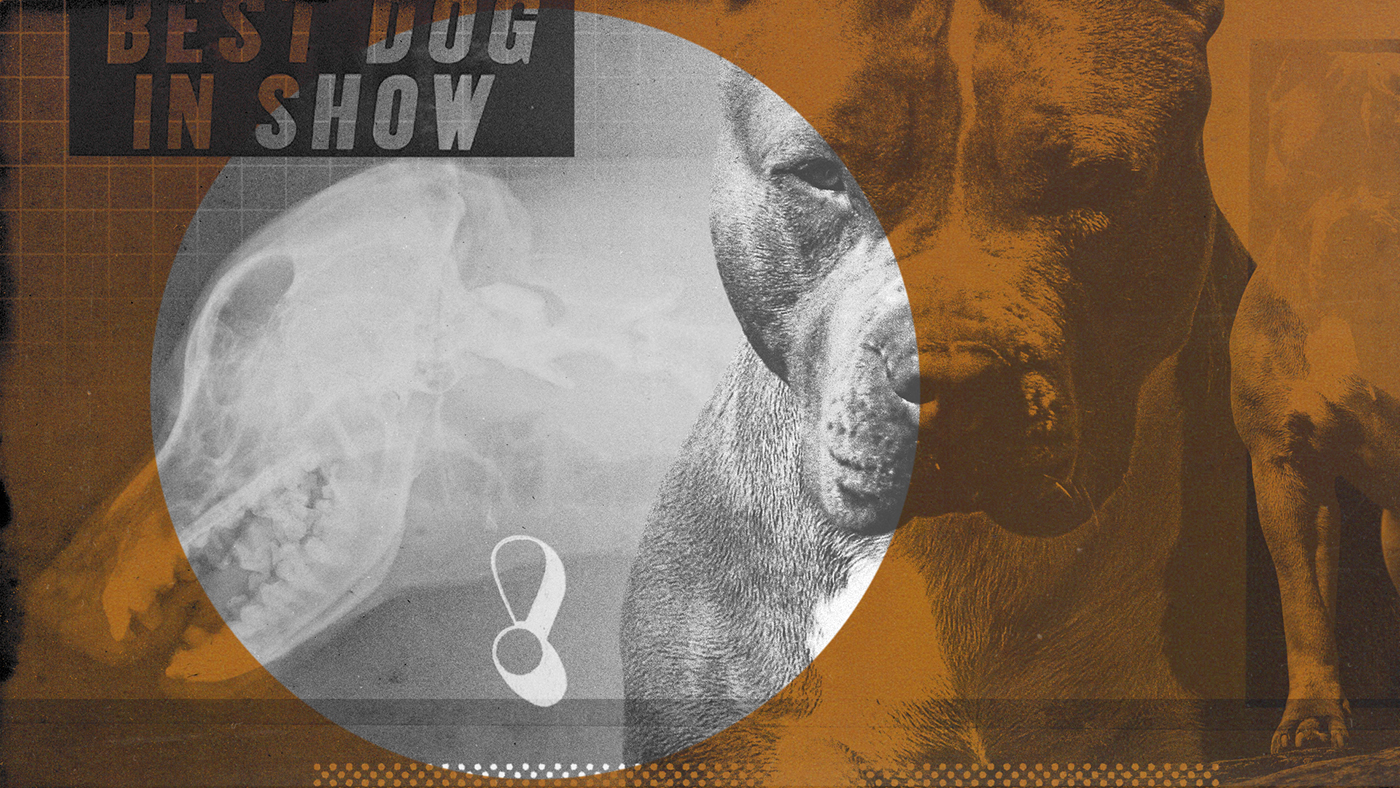Andrew Tate and the radicalisation of teenage boys
Teachers say male students are being sucked into former kickboxer’s ultra- macho world where they are exposed to his disturbing views

A free daily email with the biggest news stories of the day – and the best features from TheWeek.com
You are now subscribed
Your newsletter sign-up was successful
Many adults may only have first heard of Andrew Tate when he was arrested on people-trafficking charges in Romania last month, said Anna Fazackerley in The Observer.
But in schools across Britain, the social media influencer known as “the king of misogyny” is already a “hugely familiar figure”. Teachers say that teenage boys are being sucked into his “glamorous” ultra- macho world, where they are exposed to his disturbing views: that women are essentially chattels, who belong in the home. Tate thinks rape victims should “bear responsibility” for the attacks on them, and boasts about seeking out 18-year-old girls because they are “fresh”. Teachers say that his views are fuelling a rise in misogynistic attitudes. Some even describe his influence as “grooming” or “radicalisation”.
‘Hustler’s University’
The former kickboxer, who was born in the US but grew up in Luton, amassed millions of followers on social media before he was banned by most platforms, said Mary Harrington on UnHerd. The offer he makes to the many young men who follow him, or subscribe to his “Hustler’s University”, is “that freedom, wealth, fast cars, and a super-abundance of hot, compliant chicks” may be acquired by any man who frees himself from what he calls “socially induced incarceration”. It’s “an unholy mashup” of macho wish-fulfilment with extreme individualism. Tate also runs an online porn business and, according to Romanian prosecutors, has coerced young women into working for him.
The Week
Escape your echo chamber. Get the facts behind the news, plus analysis from multiple perspectives.

Sign up for The Week's Free Newsletters
From our morning news briefing to a weekly Good News Newsletter, get the best of The Week delivered directly to your inbox.
From our morning news briefing to a weekly Good News Newsletter, get the best of The Week delivered directly to your inbox.
Tate denies the charges, but by his own account he is an advocate of the “loverboy” method of sexual exploitation. In a now-deleted website post, he said: “My job was to meet a girl, go on a few dates, sleep with her, test if she’s quality, get her to fall in love with me to where she’d do anything I say, and then get her on webcam so we could become rich together.”
‘Sexism is always with us’
Clearly, Tate is a “toxic” figure, said Martin Robinson in the Evening Standard. To tackle his influence, we need to “understand his appeal”. Partly, it’s a question of “simple confidence”: his swaggering persona attracts young men “at a time when social media is scything self-esteem”. Yet “his extra twist” is paranoia and conspiratorial thinking. Men don’t just need to toughen up, he argues: they need to see that there are forces – the system, the Matrix – “trying to prevent them from doing so”.
Some claim that Tate’s rise is a symptom of a profound crisis in masculinity, said Martha Gill in The Observer. I suspect it’s simpler than that: that sexism is always with us, and that young men, like everyone else, “will behave as badly as society permits”.
A free daily email with the biggest news stories of the day – and the best features from TheWeek.com
-
 Antonia Romeo and Whitehall’s women problem
Antonia Romeo and Whitehall’s women problemThe Explainer Before her appointment as cabinet secretary, commentators said hostile briefings and vetting concerns were evidence of ‘sexist, misogynistic culture’ in No. 10
-
 Local elections 2026: where are they and who is expected to win?
Local elections 2026: where are they and who is expected to win?The Explainer Labour is braced for heavy losses and U-turn on postponing some council elections hasn’t helped the party’s prospects
-
 6 of the world’s most accessible destinations
6 of the world’s most accessible destinationsThe Week Recommends Experience all of Berlin, Singapore and Sydney
-
 The RAAC concrete crisis: fears spread to hospitals, homes and theatres
The RAAC concrete crisis: fears spread to hospitals, homes and theatresfeature Experts call for tens of thousands of buildings to undergo safety checks as crumbling schools scandal escalates
-
 Children trapped 900ft in the air in Pakistani cable car emergency
Children trapped 900ft in the air in Pakistani cable car emergencySpeed Read A helicopter rescue effort has been launched to save the stranded group of eight
-
 Earring lost at sea returned to fisherman after 23 years
Earring lost at sea returned to fisherman after 23 yearsfeature Good news stories from the past seven days
-
 Bully XL dogs: should they be banned?
Bully XL dogs: should they be banned?Talking Point Goverment under pressure to prohibit breed blamed for series of fatal attacks
-
 Netanyahu’s reforms: an existential threat to Israel?
Netanyahu’s reforms: an existential threat to Israel?feature The nation is divided over controversial move depriving Israel’s supreme court of the right to override government decisions
-
 Farmer plants 1.2m sunflowers as present for his wife
Farmer plants 1.2m sunflowers as present for his wifefeature Good news stories from the past seven days
-
 Koran burning in Scandinavia: freedom of expression’s ultimate test?
Koran burning in Scandinavia: freedom of expression’s ultimate test?Talking Point Anti-Islam demonstrations have sparked condemnation and raised constitutional challenges for Sweden and Denmark
-
 EU-Tunisia agreement: a ‘dangerous’ deal to curb migration?
EU-Tunisia agreement: a ‘dangerous’ deal to curb migration?feature Brussels has pledged to give €100m to Tunisia to crack down on people smuggling and strengthen its borders